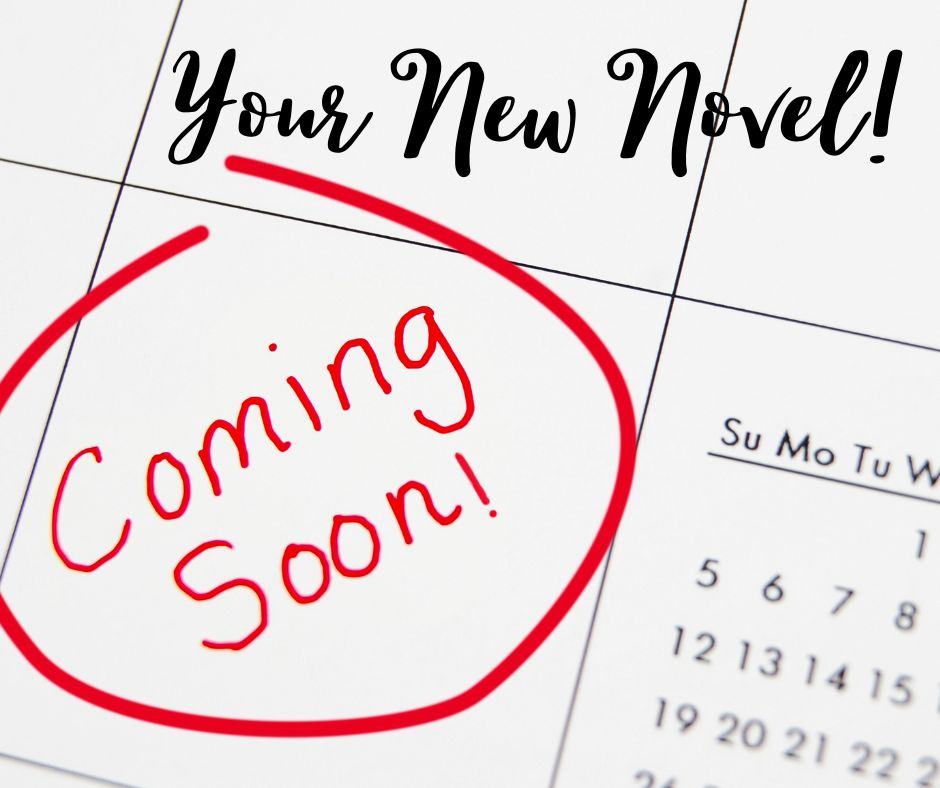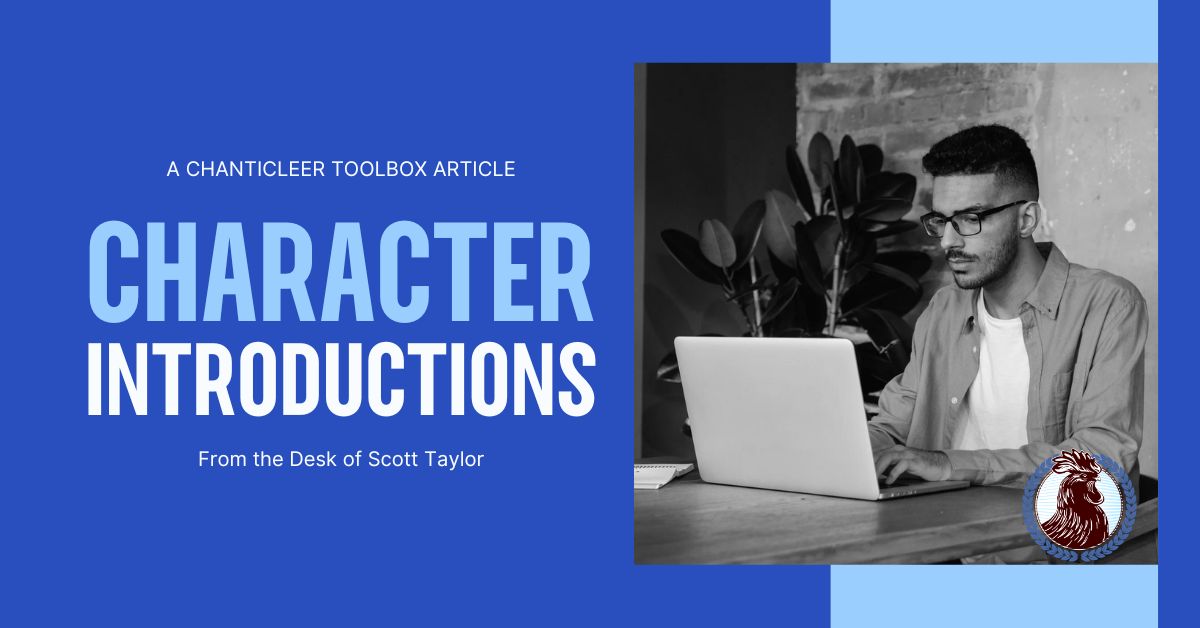|
Listen to or download this article:
|

English has always been an adaptive, vital language and was influenced by the King James Bible, the Renaissance which flooded the language with new words, and Shakespeare, who added more than 4,000 words and phrases. Modern English and American English, in particular, resulted from borrowings, gleanings, and adaptations–a mongrel language. That is one reason why you’ll find a list of synonyms for many words in the English language. The English language, or Old English, originated from Germanic tribes in northern Europe who invaded Britain between the fifth and seventh century. It was mostly a spoken language and Britain was populated with Celts though Roman influences still lingered. The Anglo-Saxon impact lasted about 600 years. The Vikings raided and settled in parts of England and brought Old Norse, also a Germanic language, between the eighth and eleventh century.
The English language, or Old English, originated from Germanic tribes in northern Europe who invaded Britain between the fifth and seventh century. It was mostly a spoken language and Britain was populated with Celts though Roman influences still lingered. The Anglo-Saxon impact lasted about 600 years. The Vikings raided and settled in parts of England and brought Old Norse, also a Germanic language, between the eighth and eleventh century.
The Norman Conquest in 1066 and the conquerors brought William as king and Old French. French is a romance language with roots in Latin and borrowings from the Greeks. It was also called Romance English. Old French began dying out in England and was replaced by Middle English from about 1100 to 1500.
But words of Anglo-Saxon origin have always been considered more down-to-earth and concrete. These words have also been considered more working class, crude, and simple. Words of French (and Latin) origin are considered softer, elevated, elegant and sometimes pompous.
For example:
Anglo-Saxon French
- gut intestine
- fire flame
- ghost phantom
- buy purchase
- earthly terrestrial
- stench odour
- heaven celestial
- wild savage
So how is a writer to choose?
Generally opt for punchy, potent, and plain diction. Old English makes readers pay attention. It is typically literal as in ‘bone house’ for the human body. Or ‘whale road’ as one word that describes the sea.
Anglo Saxon words are leaner, single syllable words that are:
- terse
- easier to read
- punchier
- less formal
- ‘of the body’
Examples: blood, sweat, tears, toil, stone, wood, bless, wish

French and Latin words are usually
- formal
- more abstract
- harder to read
- multisyllabic
- ‘of the mind’
Examples: Excrement, intercourse, cogitate, enquire, imbibe
You can easily think of the English versions of the above words — definitely, terser, plain words come easily to mind.
But, and this is an important but; it all depends on voice, tone, and purpose.
Is your viewpoint character a professor or modern-day Huck Finn? Is your character 55 or 12? Are you writing for kids or adults? Humorous tone or deadly serious?
Rely on Anglo-Saxon if you’re writing: picture books, YA, humor, adventure, thrillers, fantasy. Use it when you want to reveal emotions and get into your character’s body.
Rely on French or Latin origin words if you’re writing: romance (cherish, desire, infatuation), nonfiction, science fiction (alien, dystopia, alchemy) technical writing and documents.
It’s always helpful to know a word’s etymology. And you’d be silly to omit the offerings of Yiddish (chutzpah, glitch, schmooze), Italian ( facade, vista, replica, bizarre) or Old Norse (dazzle, ransack, berzerk). So many treasures, endless tools.
Keep writing, keep dreaming, collect words. – Jessica
Bonus: A link to the prose style of George R. R. Martin. (new word combinations, new coinages, +1,000 names of characters – all meaningful and descriptive, and more)
Fun bonus: From The Guardian, writers on words they love best. “From plitter to drabbletail: the words we love”
Click here to access the link to Jessica’s previous article: AMP UP TENSION WORD by WORD — with a handy list of 1,130 words that you print out and use for your writing toolbox.

Jessica Page Morrell
Jessica Page Morrell is a top-tier developmental editor and a contributor to Writer’s Digest magazine, and she teaches Master Writing Craft Classes at the Chanticleer Authors Conference that is held annually along with teaching at Chanticleer writing workshops.
Jessica has confirmed that she will teach a Master Class and advanced writing craft sessions at CAC19.
Jessica understands both sides of the editorial desk–as a highly-sought after content development editor and an author. Her work also appears in multiple anthologies and The Writer and Writer’s Digest magazines. She is known for explaining the hows and whys of what makes for excellent writing and for sharing very clear examples that examines the technical aspects of writing that emphases layering and subtext. Her books on writing craft are considered “a must have” for any serious writer’s toolkit. For links for her writing craft books, please click on here.
Chanticleer Reviews and OnWord Talks will interview Jessica for more of her writing tips and advice. Stay tuned! ~ Chanticleer (who hails from Chaucer’s Canterbury Tales).








Leave A Comment